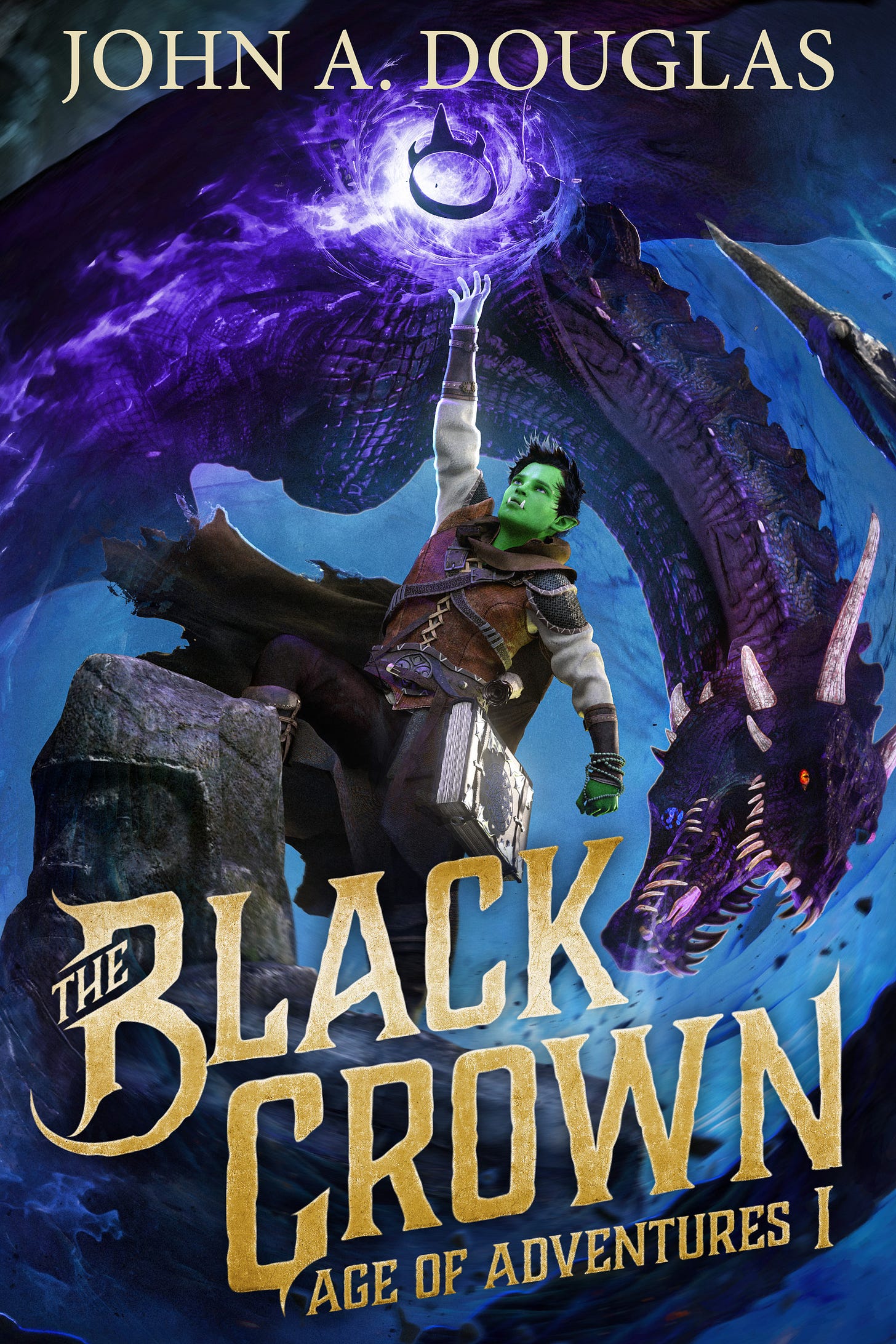The Men Who Read Elsewhere
Men not reading books has been a topic of conversation from multiple news outlets over the past few years that never fails to elicit a strong response from many. I’m no exception, as the video attached to this article will attest. It was my most popular video on my youtube channel when it hit last year and the sentiment hasn’t really changed.
Here we’ve come to a place where the publishing industry goes out of its way to cater to female readers, female editors, and market to female readers who comprise the lion’s share of the current Booktok and Bookstagram communities on TikTok and Instagram respectively. While there’s been a smattering of exceptional male authors grandfathered into the industry, the truth is that publishing isn’t interested in defining a male readership in the same way it does a female one.
Not for nothing, but the lack of visible books that appeal to a male reader is not the only contributing factor. Stories that interest men have alost migrated out of the book space in into other forms of media. The hey-days of pulp era novels and mass marketed paperbacks were eras when stories of fantasy, sci-fi and other genres populated only a few tv and movie screens. These days you can find genre fiction in abundance on streaming, youtube, and movies–even if a lot of it is about as entertaining as a fist to the scrotum.
Video games have become a medium where fantasy and sci-fi live and thrive in a way they never did in the past, offering narratives that rival novels with the added benefit of interactions and gameplay loops.
Possibly the biggest culprit is one many older readers forget about: manga. In Japan, manga can often be separated by gender and age group demographics so that customers gravitate towards their preferred reading. Shonen manga is typical aimed at boys ages 10-18 and their contents tend to reflect what boys like: action & adventure. Even if you don’t watch anime, you’ve at least heard of some of its most popular offerings: Dragonball Z, Bleach, Naruto, One Piece.
Those names I just dropped? Massive financial successes in both Japan and America with a readership comprised of boys up to men. Series developed specifically for young men, catering towards their tastes.
One upon a time, the publishing industry understood this and they did much the same. Fantasy, Sci-fi, Spy thrillers, pulp crime novels, detective stories, Adventure. All geared towards and consumed by men during a time when novels were cheap, abundant, and long-running. These stories now occupy other mediums in a migration that now befuddles pseudo-intellectuals and industry insiders. Where did they go? Well, the publishing industry did tell them to scram. That didn’t help.
Like most entertainment, male readership is decentralized. As the Joker said in the Dark Knight: “You’ve changed things forever. There’s no going back.”
Real quick, Let me take a moment to say my book is very much written from a male mindset. My two main characters have a very brother-coded friendship relationship in their views of loyalty and friendship—even when they bicker and argue as most friends do. I hope you’ll pick up The Black Crown on amazon. It’s FREE on Kindle Unlimited: https://a.co/d/6dc51Aj
Thankfully, men who read as well as write have jumped face first into the indie book spaces. With them they bring their creativity, individual voices, and stories that they want to read. When men are shown a need, presented with an obstacle, its coded into their DNA to overcome it. The Indies have provided in abundance with authors like Blaine Pardoe, Nick Horvath, Rian Stone, Ryan Williamson, and myself to fill the gap left by a negligent industry that left us behind.
If you’re curious for more, my No Books for Men video is available on the link below. Subscribe here and share to help grow the field of like-minded indie authors and readers:
https://rumble.com/v5r4jz5-no-books-for-men.html



The no books for men video isn't coming up as a link 😔
The demise of newstands and bookstores may be a factor. In the old days they were everywhere and bursting with male oriented content. Department stores usually had a book and magazine section and my parents would drop me off there while they shopped. Often men would hang out there while their wives shopped. With the advent of online shopping few people go to retail stores anymore.